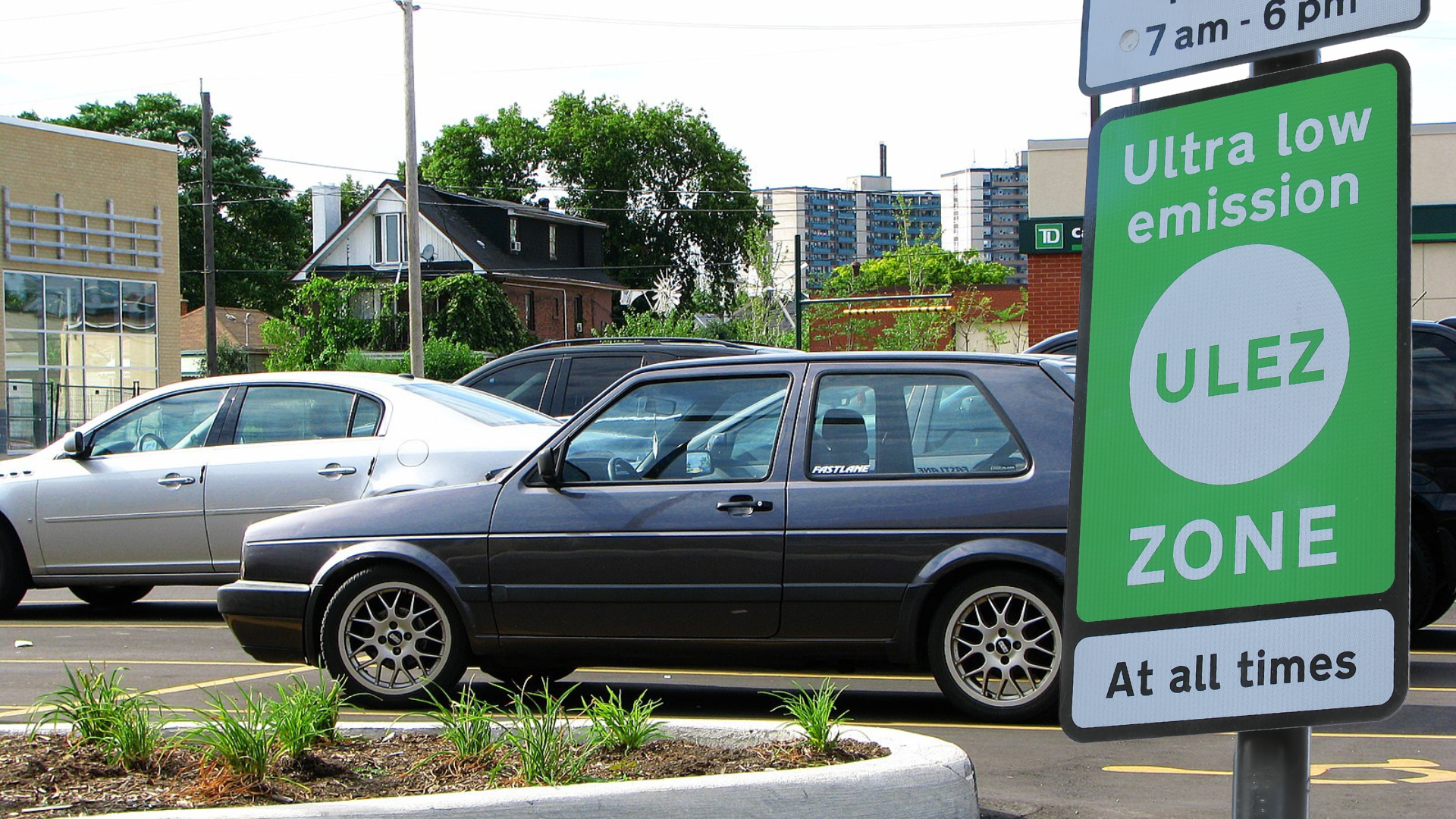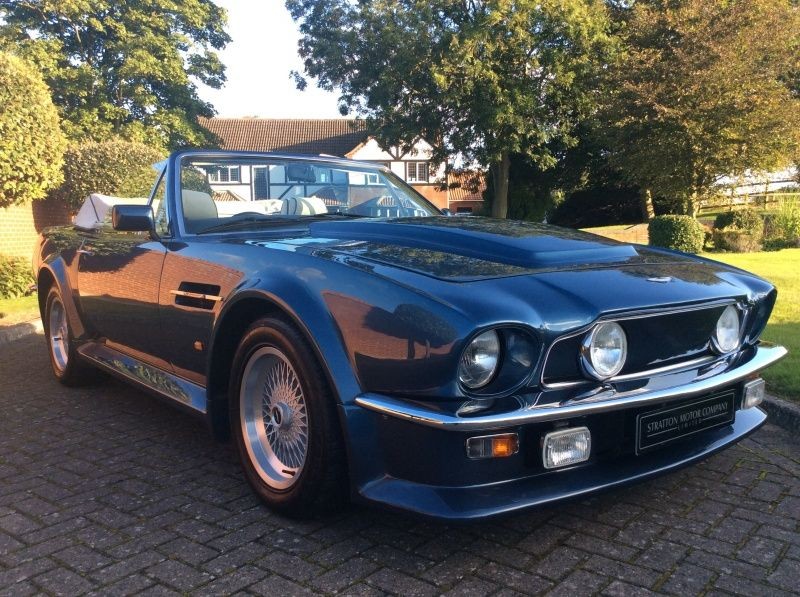Not many decisions in the last decade have caused more controversy than that of Leave or Remain. In addition to the political uproar caused by the Brexit decision, it has also become a thorn in the side of classic car owners, with extra paperwork costing them hundreds of pounds.
Malcolm McKay, a spokesperson for the Historic and Classic Vehicle Association, has stated that transporting cars to the EU is now significantly more complex and costly. This is a fact which will put some people off travelling. He believes that the classic car industry “hadn’t thought through” the implications of trying to negotiate with different borders following the UK’s departure from the EU.
Mr Mckay told express.co.uk: “Now we are out of the EU, there are 26 potential different borders to cross and different ways of dealing with the different nations. Certainly, I don’t think the classic car industry had thought that through and was prepared for it. In a sense, it was inevitable because that was the existing situation with moving vehicles from the UK to countries that weren’t part of the EU in the past. But because of the special relationship we had for so long with the EU, I think everyone rather thought it would be easier than it is now. It’s caused a lot of problems.”
Post-Brexit, if you drive your own vehicle, you’ll just need your driving license, your V5 and a Green Card from your insurance company. You’ll also need the GB sticker, which is already required in France. Last but not least, your own passport will need to have at least six months of validity left on it.
If you choose to tow your precious vehicle on a trailer, you’ll need a green card both for the car you’re driving and the classic car on the trailer. If the trailer weighs more than 3500kg or you transport a friends’ car as well, you will have to register the vehicle, but that’s only £26.
However, the problems start when a classic car owner wants to transport their car across international borders they will find this more challenging and may face difficulties. Due to the UK leaving the EU, transports of this type are deemed a transport of “goods”. This means that the requirements and tariffs for these goods are much higher and will require drivers to have an Access/Temporary Access Carnet.
This Access/Temporary Access or ATA Carnet behaves like a goods passport. It guarantees that the item will not disappear upon entering the new country. If the car isn’t road registered or is being transported by an outside company or perhaps a member of your team, you will need the ATA Carnet.
There are specialist finance companies who offer to cover the costs of the ATA Carnet in exchange for a set fee. This arrangement is meant to make it more affordable for classic car owners, but the truth is the owners of these stunning vintage vehicles could, in fact, have to pay thousands of pounds just to go on tour.
Essentially, Brexit is likely to affect classic car events held abroad as classic owners stand to get hit with these additional costs of paperwork. These extra fees could cause the owners to think it isn’t worth shipping their precious cargo to these events with the new regulations.
Mr McKay said: “Even with my own business running rallies, we were planning to run a transporter to Toulouse for our next event in October. We had a good deal with the transport company. It was well worth doing, flights were cheap and easy to Toulouse. People could get their car taken down and just lie down and enjoy it. Now as well as the transport which is roughly £500 plus VAT each way, now it’s £500 plus VAT for paperwork on top each way. And that makes it not worth bothering, it’s better to take the extra day off work and drive down instead. It is having an impact, and I may well lose some entries on the rally. It’s not convenient for everybody, and the extra cost is too much.”
We hope this has given you some idea of the changes you can expect now. You can find out more about the cost of importing classic cars from Europe here.







Leave A Comment